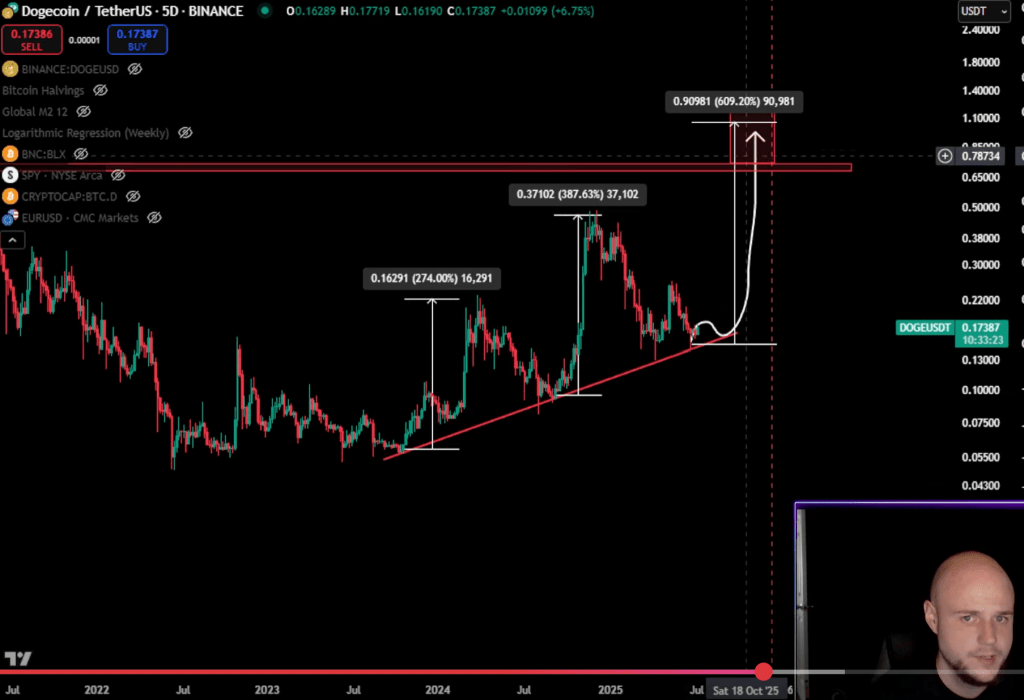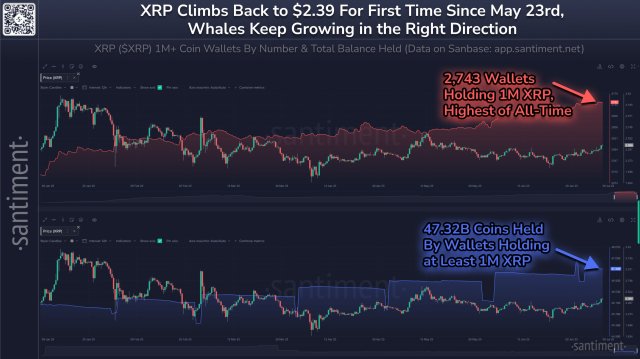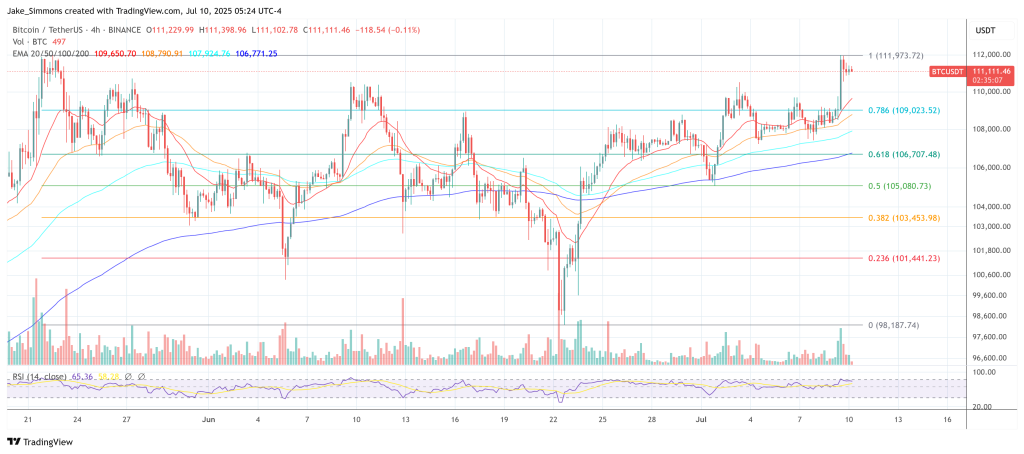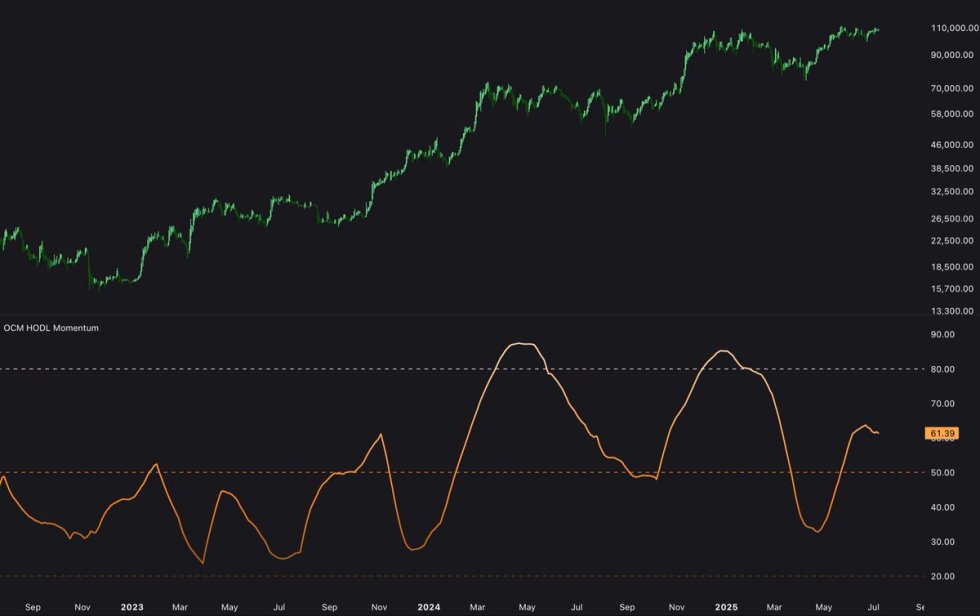Here's a timeline of some of the key EU directives and regulations related to cryptocurrency gains:
- 2015: The Court of Justice of the European Union (CJEU) rules that Bitcoin and other cryptocurrencies should be treated as a currency for tax purposes. Source.
- 2016: The European Commission proposes the 4th Anti-Money Laundering Directive (4AMLD), which includes provisions related to cryptocurrencies. Source.
- 2018: 4AMLD comes into effect, requiring cryptocurrency exchanges and wallet providers to comply with AML and CTF regulations. Source.
- 2019: The EU's Fifth Anti-Money Laundering Directive (5AMLD) comes into effect, which strengthens AML and CTF regulations and requires more reporting by cryptocurrency exchanges and wallet providers. Source.
- 2020: The European Commission proposes a new regulatory framework for cryptocurrencies, including a requirement for all cryptocurrency transactions to be traceable and for cryptocurrency exchanges and wallet providers to be licensed. Source.
- 2021: The European Securities and Markets Authority (ESMA) issues guidance on the regulatory treatment of cryptoassets, including guidance on the treatment of crypto gains for tax purposes. Source.
- 2022: The EU introduces a new proposal for a Digital Finance Package, which includes provisions related to cryptocurrency regulation, taxation, and consumer protection. Source.
Some of the key elements of the package include:
- New regulatory framework for cryptocurrencies: The package proposes a new regulatory framework for cryptocurrencies, which includes requirements for all cryptocurrency transactions to be traceable and for cryptocurrency exchanges and wallet providers to be licensed.
- Strengthened AML/CFT framework: The package includes measures to strengthen the EU's anti-money laundering (AML) and countering the financing of terrorism (CFT) framework, including the establishment of a new EU-level authority to supervise AML/CFT compliance.
- Improved consumer protection: The package proposes a range of measures to improve consumer protection in digital financial services, including new rules on information disclosures, dispute resolution, and transparency.
- Facilitating cross-border payments: The package includes measures to improve the efficiency and speed of cross-border payments within the EU, including the establishment of a new European payment standard.
Overall, the Digital Finance Package is designed to support innovation and growth in the digital finance sector while ensuring that consumer protection, financial stability, and AML/CFT measures are maintained.
It's worth noting that while the EU has been working to establish clear regulations and guidelines for cryptocurrencies, the specific rules and requirements can vary from country to country within the EU. It's important for individuals and businesses to be aware of the relevant regulations in their specific jurisdiction.
[link] [comments]

You can get bonuses upto $100 FREE BONUS when you:
💰 Install these recommended apps:
💲 SocialGood - 100% Crypto Back on Everyday Shopping
💲 xPortal - The DeFi For The Next Billion
💲 CryptoTab Browser - Lightweight, fast, and ready to mine!
💰 Register on these recommended exchanges:
🟡 Binance🟡 Bitfinex🟡 Bitmart🟡 Bittrex🟡 Bitget
🟡 CoinEx🟡 Crypto.com🟡 Gate.io🟡 Huobi🟡 Kucoin.
















Comments